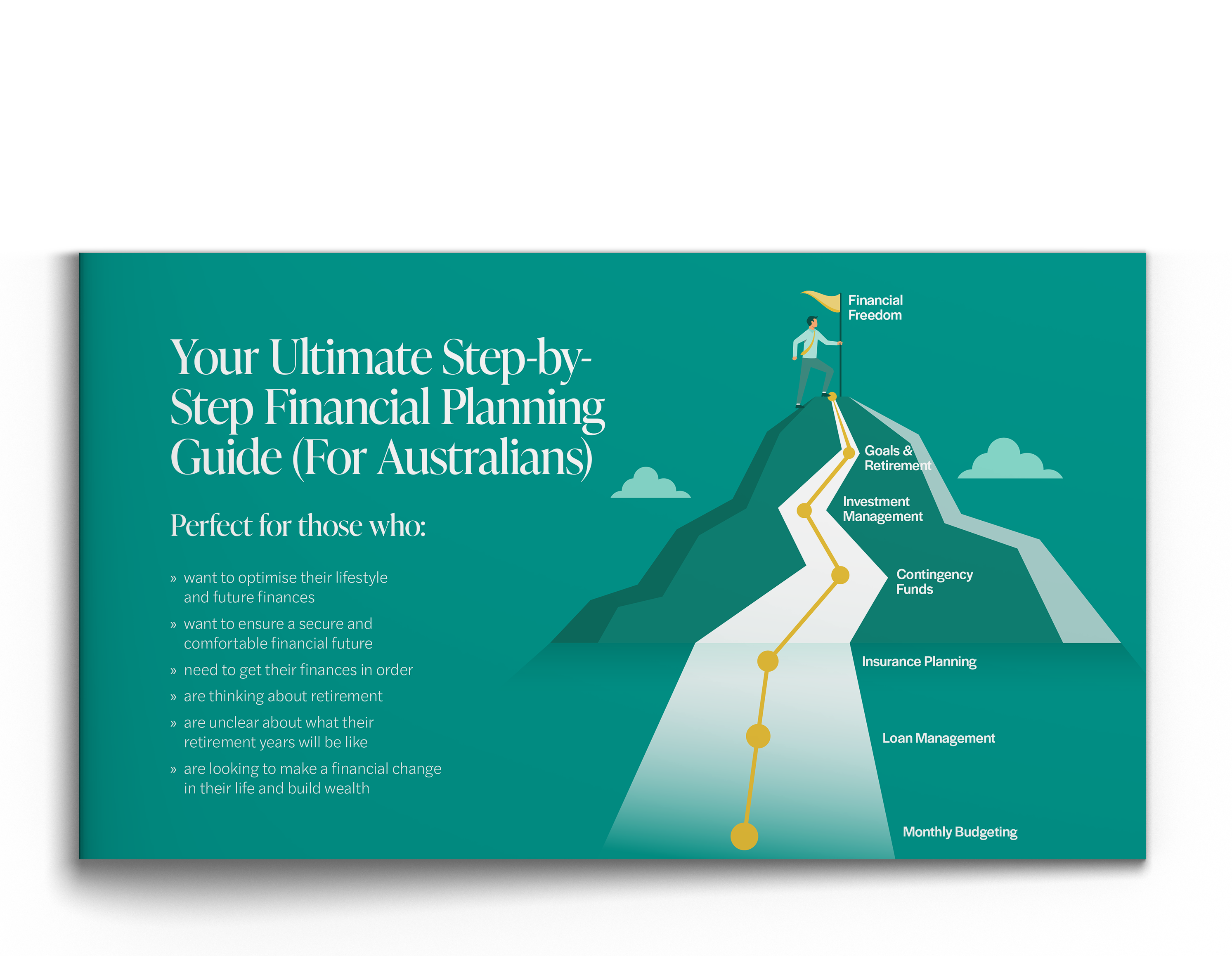With interest rates at record lows, investors are being targeted by companies promising opportunities with relatively high interest rates compared to traditional term deposits. But just like with anything, if it seems too good to be true, it most likely is, and instead of reaping the rewards after your investment earns you a hefty return, you could face losing it all.
Particularly given the turbulence of 2020, it’s easy to be tempted by the lure of higher investment rates and higher returns on cash savings, but getting the right advice to ensure you are investing in what you think you are is crucial. A quick Google these days of ‘term deposit’ will bring up an alarming number of ads that may look like a safe investment, but scratch beneath the surface and all isn’t always what it seems.
There have been plenty of cases where investors have entered into what looked like a safe investment or term deposit, only to later realise it was a far riskier venture, and ultimately losing their investment altogether. Like with the recent collapse of investment firm Mayfair 101 and their associated entities, who were developing a resort on Dunk Island in Far North Queensland. Investors who thought they were investing in a safe option now sadly risk part or total loss of their capital. Or think back to the GFC. It was another period of market uncertainty, and many investors who put their money into certain managed investment schemes then found they couldn’t access it when they wanted to. During a time of panic, many of these products will have clauses which restrict your ability to redeem your funds.
So what about a good old term deposit? Bank term deposits may seem like a less appealing option at the moment given they currently pay low interest rates.
But don’t forget, term deposits through Authorised Deposit-taking Institutions (ADIs) come with regulatory protection that minimise risk, and the Australian Government guarantees deposits of up to $250,0000 as long as it is with an ADI such as a bank or credit union. So while your return might be more slow and steady if you take this route, it at least means you can be sure you’re going to get some kind of return on any investment.
And it’s not just about what you’re investing in, but also what you’re hoping to get out of it, and more importantly: when.
If you are prepared to invest for the long term and to ride out the market movements both up and down, then investing in riskier assets like shares and property may be a great option for you. If you want your capital protected and don’t want any market fluctuations, bank accounts and term deposits may be more appropriate. For a balanced approach, you could combine a mix of the two. Either way, it’s best to choose based on your personal circumstances.
If in your case it’s crucial that your investment doesn’t drop in value, it’s best to invest in a safe option, such as a traditional savings account or a term deposit. By taking on a riskier investment, it may mean a higher return, but it also may not, and you won’t have the capital available to you when you need it.
Thinking of investing? Getting advice can help you build an investment which matches both your need for income, some capital preservation, and long term growth. You’ve worked hard for your money, so the more you understand about both your own goals and needs plus the investments you are invested in, the more peace of mind you have to ride out any market falls.




